Question And Answer
Publications
Articles, publications, books, tools and multimedia features from the U.S. Institute of Peace provide the latest news, analysis, research findings, practitioner guides and reports, all related to the conflict zones and issues that are at the center of the Institute’s work to prevent and reduce violent conflict.
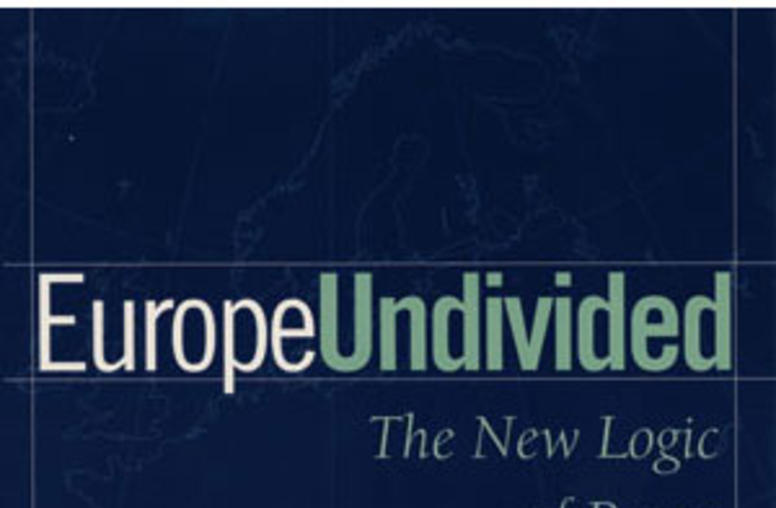
Europe Undivided
Can Russia and the United States really move beyond their bitter Cold War rivalry to a genuinely cooperative relationship?
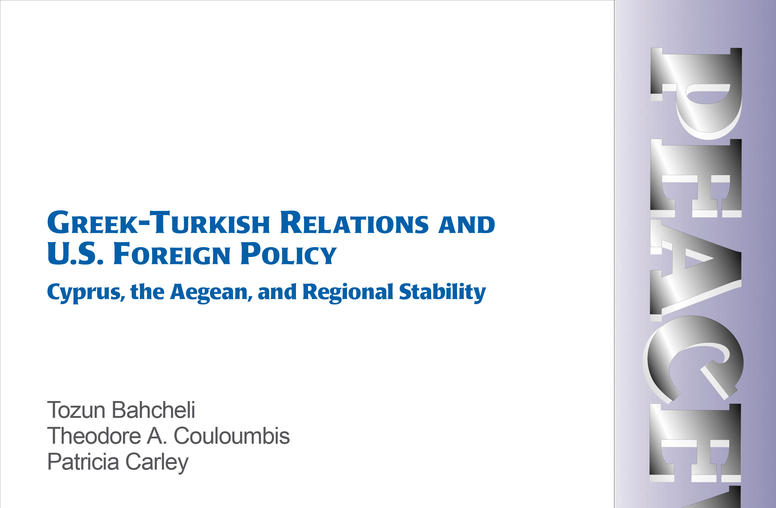
U.S. Foreign Policy and the Future of Greek-Turkish Relations
The United States Institute of Peace convened a workshop in Washington in summer 1996 that brought together Institute senior fellows. Elected participants identified possible areas of cooperation and collaboration and specific strategies of de-escalation, reconciliation, and resolution that could serve as the basis for a new era in Greek-Turkish relations. The insights and creative proposals of the participants are summarized in this report, written by Patricia Carley, program officer in the ...
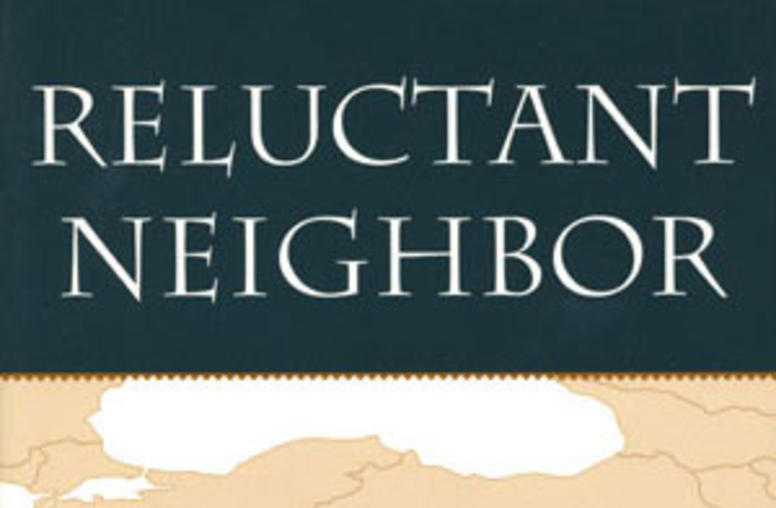
Reluctant Neighbor
The essays in this volume fill an important gap in the literature on Turkey and the Middle East, bringing together the points of view of scholars, journalists, and other observers from the United States, Europe, Turkey, and the Middle East for an unprecedented dialogue on issues of growing importance.
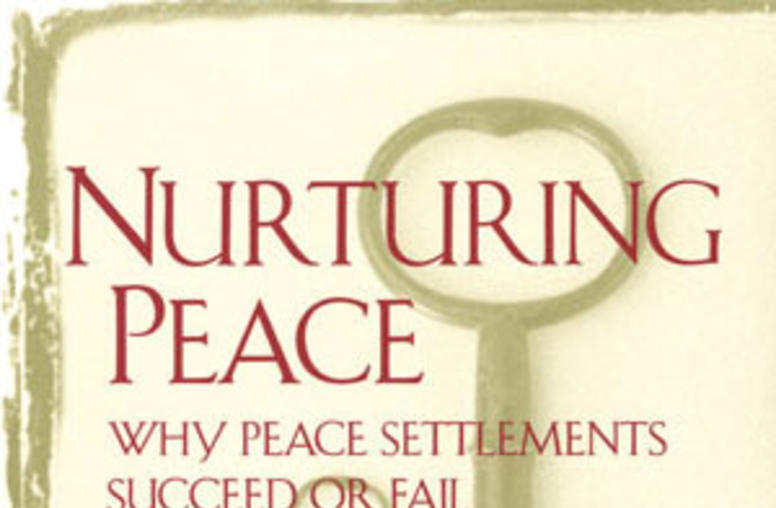
Nurturing Peace
Focusing on intrastate conflicts in which third parties have played prominent roles, Hampson argues that durable settlements depend on sustained third-party engagement not only during the negotiation phase but throughout the implementation process.
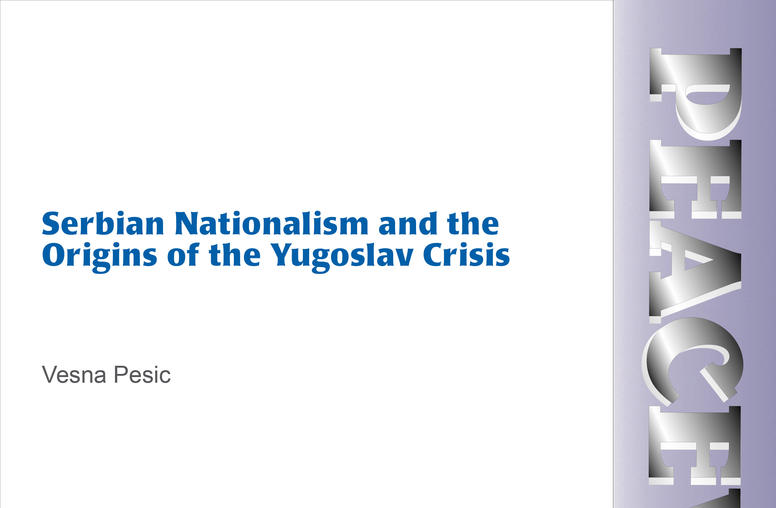
Serbian Nationalism and the Origins of the Yugoslav Crisis
The dissolution of multinational communist federations and the ensuing armed conflicts that have emerged with their transformation into independent nation-states have returned the "national question" (i.e., the relationship of a national or ethnic group to a state that includes multiple ethnic groups within its territory) to the forefront of debates over international politics, law, and theory.
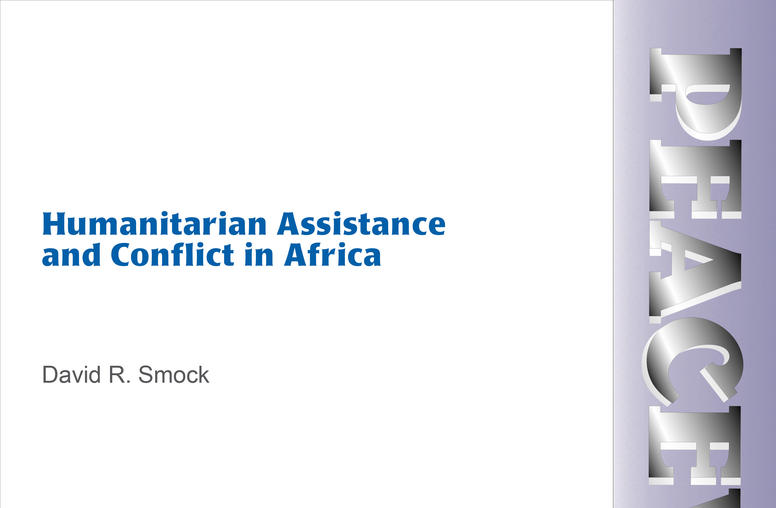
Humanitarian Assistance and Conflict in Africa
The good work of nongovernmental organizations (NGOs) in recent conflicts in such countries as Somalia, Haiti, and Bosnia is well known—providing food, shelter, medicine, and a host of other materials and services under extremely difficult conditions. But does humanitarian assistance in some cases actually exacerbate conflict?
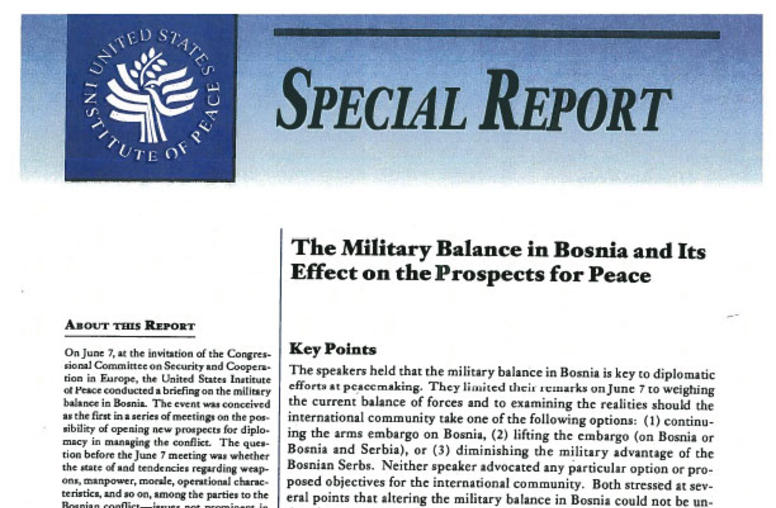
The Military Balance in Bosnia and Its Effect on the Prospects for Peace
On June 7, at the invitation of the Congressional Committee on Security and Cooperation in Europe, the United States Institute of Peace conducted a briefing on the military balance in Bosnia The event was conceived as the first in a series of meetings on the possibility of opening new prospects for diplomacy in managing the conflict.
Truth Commission: Germany 95
Truth Commission: Study Commission for the Overcoming of the Consequences of the SED Dictatorship in the Process of German Unity Duration: 1995 - 1998 Charter: Act No. 13/1535 Commissioners: 36 Report: Public report
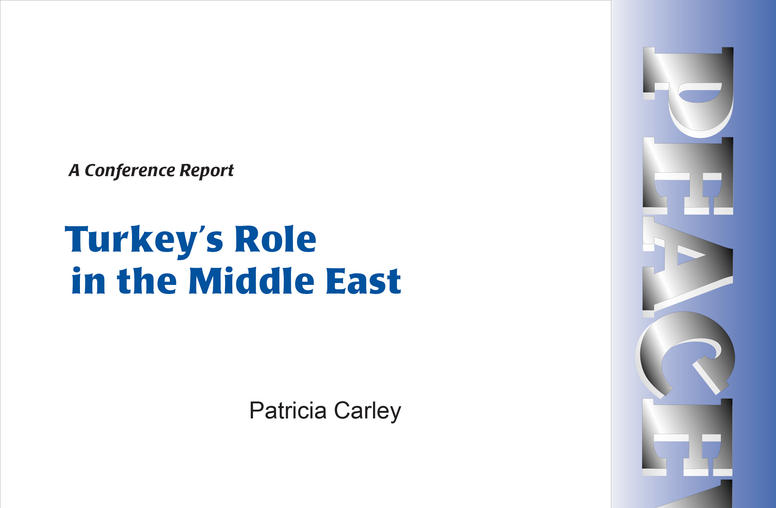
Turkey's Role in the Middle East
The end of the Cold War seemed to portend a decline in Turkey's strategic importance to the West; however, the political changes in the world since 1989 have also loosened the constraints within which Turkey can act. As a result, Ankara's foreign policy has been redirected from its strictly western orientation to one in which the countries of the Middle East have become potentially more significant.
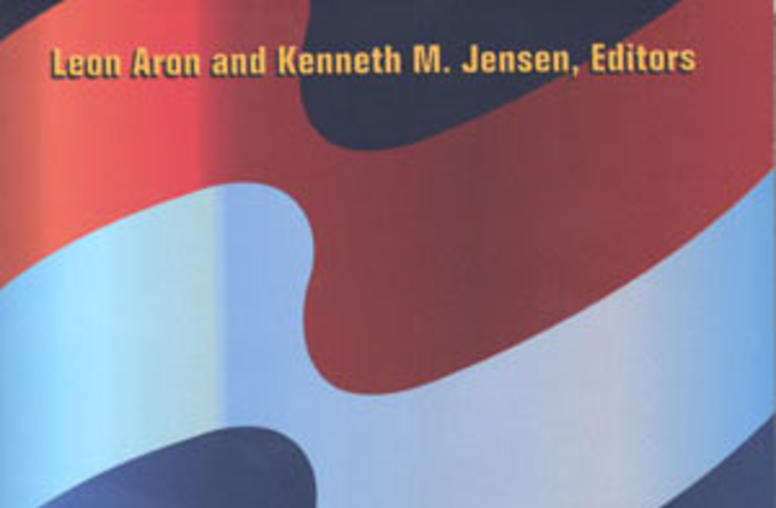
The Emergence of Russian Foreign Policy
The emergence of a new Russia--a post-communist European state with a vast store of nuclear arms--raises many complex questions. What kind of foreign and defense policies will Russian pursue into the 21st century? What will be the impact of the loss of the former empire? And what are the implications for western policymakers?